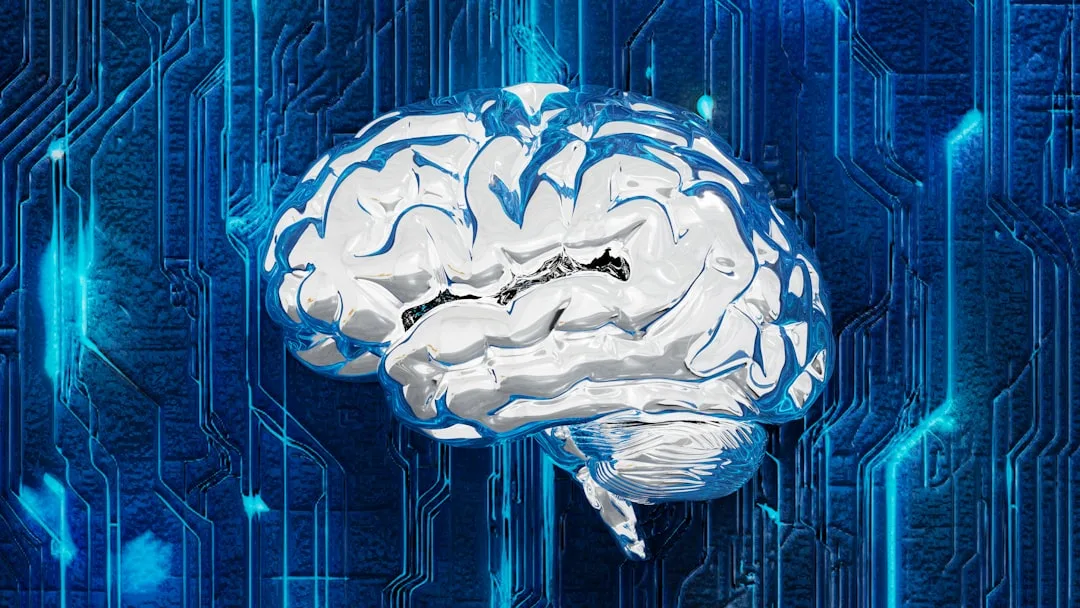
Newsletter Subscribe
Enter your email address below and subscribe to our newsletter

Enter your email address below and subscribe to our newsletter

Artificial Intelligence is no longer a futuristic concept; it’s transforming how we interact with technology daily. See how this revolution affects developers, founders, and tech enthusiasts like you.
The AI revolution is driven by tech giants like OpenAI, Google, and Microsoft, who have been at the forefront of developing cutting-edge AI models. OpenAI’s ChatGPT, Google’s BERT, and Microsoft’s Azure AI services have become pivotal in integrating AI into everyday applications. Startups like Hugging Face and mid-sized companies such as Element AI are also contributing to this transformative movement, providing developers with tools and platforms to build smarter applications.
These companies are investing heavily in research and development to push the boundaries of what AI can achieve. OpenAI, for instance, has made significant advancements with its language models, allowing for more natural and fluid interactions between humans and machines. Meanwhile, Google continues to refine its AI algorithms to enhance search and contextual understanding, making technology more intuitive.
The integration of AI into everyday tech interactions has massive implications for various industries:
Developers are seeing a shift in how they write code, thanks to AI-assisted programming tools like GitHub Copilot. These tools use AI to suggest code snippets, helping developers work more efficiently and reduce errors. This advancement in AI-driven code generation is discussed further in our post on How AI is Changing Software Development.
AI chatbots and virtual assistants are revolutionizing customer service. Companies can now provide 24/7 customer support without increasing their workforce. Chatbots are becoming more sophisticated, offering personalized responses and handling more complex queries, as detailed in our article on AI in Customer Service.
AI’s ability to analyze vast amounts of data quickly is transforming healthcare. From predicting patient outcomes to personalizing treatment plans, AI is improving the quality of care and operational efficiency. Our analysis of AI’s Role in Healthcare Technology dives deeper into these developments.
Retailers are leveraging AI to enhance the shopping experience through personalized recommendations and dynamic pricing models. AI algorithms analyze user behavior to make product suggestions, resulting in increased sales and customer satisfaction. Explore how AI is reshaping retail in our post on AI and the Future of E-commerce.
AI is also making waves in the financial sector by automating trading, detecting fraud, and providing personalized financial advice. This not only improves operational efficiency but also enhances customer trust. Our overview of AI-Driven Innovations in Finance sheds light on these breakthroughs.
The AI revolution’s impact on everyday tech interactions is akin to the shift from feature phones to smartphones. Just as smartphones opened new possibilities and redefined communication, AI is redefining how we interact with technology. For developers, this means learning to integrate AI into their workflows and adapting to new tools that enhance productivity.
However, with great power comes great responsibility. AI systems must be designed and deployed ethically to avoid biases and ensure fairness. Developers and companies must prioritize transparency and accountability to maintain user trust. This ethical dimension of AI is explored in our piece on The Importance of Ethical AI.
For developers and founders looking to stay ahead in the AI revolution, here are a few steps to consider:
For more resources and insights on the AI revolution, check out The AI Revolution: How AI is Reshaping Everyday Life | Journal, The AI Revolution: Transforming Lives Over the Years, and Enhancing Everyday Life: How AI is Revolutionizing Your Daily Experience.
As AI continues to evolve, the possibilities for transforming everyday tech interactions are limitless. Keeping pace with these changes will be crucial for anyone involved in the tech industry.